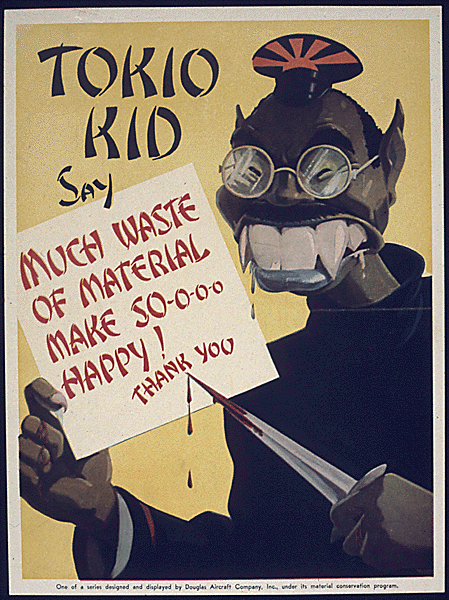Luke 22: Jesus' Good Politics and Wartime Propaganda
The 22nd Chapter
of Luke has a scope that transcends what a brief bible study could cover. To
adequately reflect on this story of the prelude to Christ’s Passion the church
sets aside a Holy Week. Holy Week for us normally begins with “Palm Sunday” but
Luke and Mark both do not have an account of the Jesus’ arrival into Jerusalem
on a Colt or Donkey. All of the Gospel accounts, however, place their account of the Passion narrative during the Passover
festival, which makes the account of Christ’s journey to the cross
undeniably connected to the use of
lambs’ blood to protect the firstborn of the Hebrew slaves in Egypt from death.
During Passover, Jesus institutes one of two of our sacraments: the Lord’s
Supper, and called us to repeatedly come together and eat and remember. The Lord’s Supper as the powerful “sign act”
of remembering and receiving the real presence of Christ contributes to how we
are saved as Christians. But we can also acknowledge something else about
the Lord’s Supper when we consider how it is placed in the narrative: the
Lord’s Supper is connected to a story that contains the most effective act of non-violent political protest in human history.
Biblical
Scholar of recent blessed memory, Marcus Borg, wrote of the political reality
of Jesus’ context: “Jerusalem…became the center of a ‘domination system.’’’[1]
A Domination System has this as its main dynamic: “the political and economic domination of the many by a few and the use
of religious claims to justify it.”[2]
Jesus’ life and ministry was an effective non-violent movement against the domination
system of Roman Imperial rule through the proxy of the Jewish religious leaders
in Jerusalem. In the midst of this political protest, we find Jesus doing three
things in Chapter 22: Jesus ate with his
disciples (vs. 7-23), Jesus prayed
(vs.39-46), and Jesus resisted without
committing violence against his oppressor (vs. 47-53).
Harold
J. Recinos, a theologian and sociologist, writes succinctly of Jesus’ “Good
News Politics:” “The reign of God announced by Jesus draws us into a new story
of politics—of just relationships, love, and self-giving.”[3]
Jesus does not fight the domination system that comes to silence him; but Jesus
also does not submit to the domination system. While this Bible study does not
reach into the latter part of the passion narrative that finds Jesus on the
cross, we do encounter the beginning parts of Jesus’ suffering. I think there
is a strong connection to what happens
in our context to how Jesus is treated before the Council at the end of Chapter
22.
Jesus’ treatment before the council in vs. 66-71 reminds
me of the wartime propaganda of World War 2. A keen observer
will observe the act of dehumanizing the enemy that occurs in wartime. The act
of killing an individual runs so counter to our human nature made from the
image of God, that we have to pervert
who the other person is in order to mentally accept that they are not worth the
same inherent value as us. We did this in the caricatures found in
propaganda in World War 2, we have done it to our Black brothers and sisters by
distancing ourselves and remaining “separate but equal” to them, and we do it
today by lumping people into categories: Islamist, Liberal, Conservative, Bible
Thumper… Jesus in the council was
dehumanized by being labeled a blasphemer, and then mocked and
assaulted to reinforce who had the real power in the room.
In Chapter 22, we find ourselves in
full anticipation of Jesus’ imminent death on the cross, the most heinous form
of execution that was reserved for the most serious offenders in ancient Rome: political dissidents. May we, as we
journey through this text, remember that we are called to enact a new political
reality when we talk about ushering in the Kingdom of God. This political
reality is radical, and calls for sacrifice, but it is the political reality
that allows everyone a place at the table that Jesus has provided for us. It is
the political reality that has room for the transformative love, which is
enabled in us through the grace of Jesus Christ.



Comments
Post a Comment